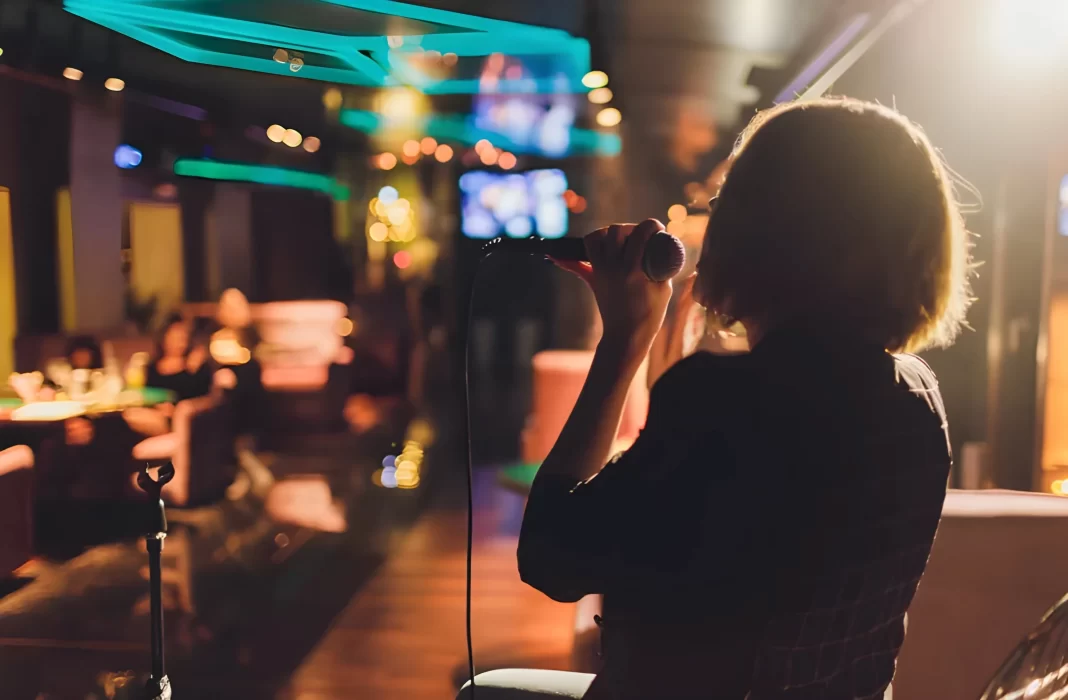Recent copyright lawsuits against 15 U.S. entertainment venues made one thing pretty clear: playing music in a commercial setting without the appropriate license is a legal violation.
Any public performance of copyrighted material requires formal licensing, be it background playlists, live bands, or DJ nights. Failure to comply can trigger significant penalties, public lawsuits, and long-term reputational damage.
This guide explains exactly what an entertainment license for restaurant entails, how to obtain the necessary permissions, and the legal framework you must follow to offer music legally and confidently.
Why Entertainment Licenses Matter for Restaurants?
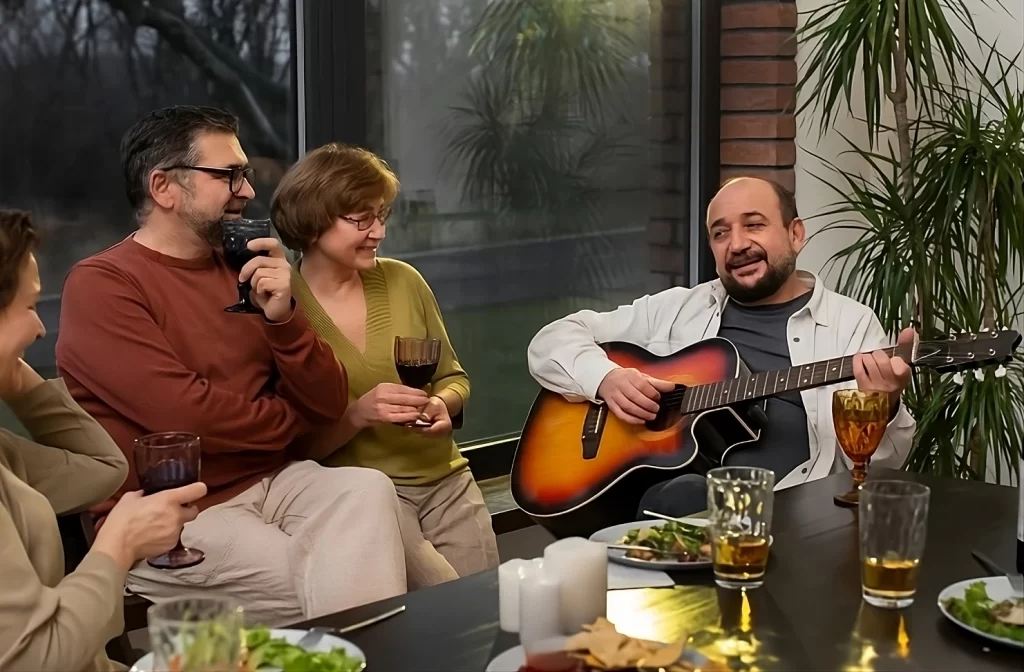
Music is not ambience. It is intellectual property, and when used commercially, it carries legal and financial obligations.
For restaurant owners, this begins with recognizing that nearly all music played publicly, whether background music, live music, or recorded content, falls under copyrighted music. Playing copyrighted material without proper licensing violates U.S. copyright law, regardless of intent or venue size.
This is where securing an entertainment license for a restaurant becomes non-negotiable. This may be for:
- Streaming music from platforms like Apple Music
- Hosting a live band or DJ
- Playing recorded tracks during events or regular service hours
- Having musicians play cover songs, original music, or any particular song not composed by the performer
Ownership of a song, or a subscription to a music service, does not equate to the right to play it publicly. That right belongs to music rights holders and is managed by performing rights organizations (PROs) such as ASCAP, BMI, SESAC, and GMR.
Without appropriate licenses, restaurant owners risk:
- Lawsuits from PROs and music publishers
- Fines ranging from thousands to hundreds of thousands of dollars
- Demand letters for retroactive licensing fees
- Legal action for copyright infringement
Due to the high incidence of noncompliance, restaurants are frequent targets of PRO audits. These audits often result in public litigation, reputational risk, and significant financial loss.
What Qualifies as “Live Entertainment” or “Public Performance”?
In the eyes of U.S. copyright law, intent is irrelevant. What matters is public access. If music is played in a setting where people beyond a normal circle of family and friends can hear it, it constitutes a public performance. This includes live music, background music, and even music embedded in videos or advertisements.
The U.S. Copyright Act defines public performance as any instance where copyrighted music is played “at a place open to the public or at any place where a substantial number of persons outside of a normal circle of a family and its social acquaintances is gathered.” That definition covers:
- Live entertainment events: Bands, solo artists, open mics, DJs, karaoke nights
- Pre-recorded music: Whether streaming via Spotify or Apple Music, played through a jukebox, or broadcast on TV or radio
- Cover songs: Even if a performer plays a rendition of a popular track, permission is still required unless it’s their own original music
- DJ performances: Regardless of whether the music is purchased or mixed live
- Employee-curated playlists: Playing a playlist in the dining area without the proper licensing still constitutes a public performance
Critically, this applies whether or not the music is a central attraction. Even ambient, low-volume background music played in one room of a 3,000-square-foot restaurant triggers the need for licensing.
Restaurants often overlook these rules when musicians play without a cover charge or when streaming services are used under personal accounts. But the law makes no such distinction. If the music is played publicly, it must be licensed.
Understanding Music Licensing for Restaurants
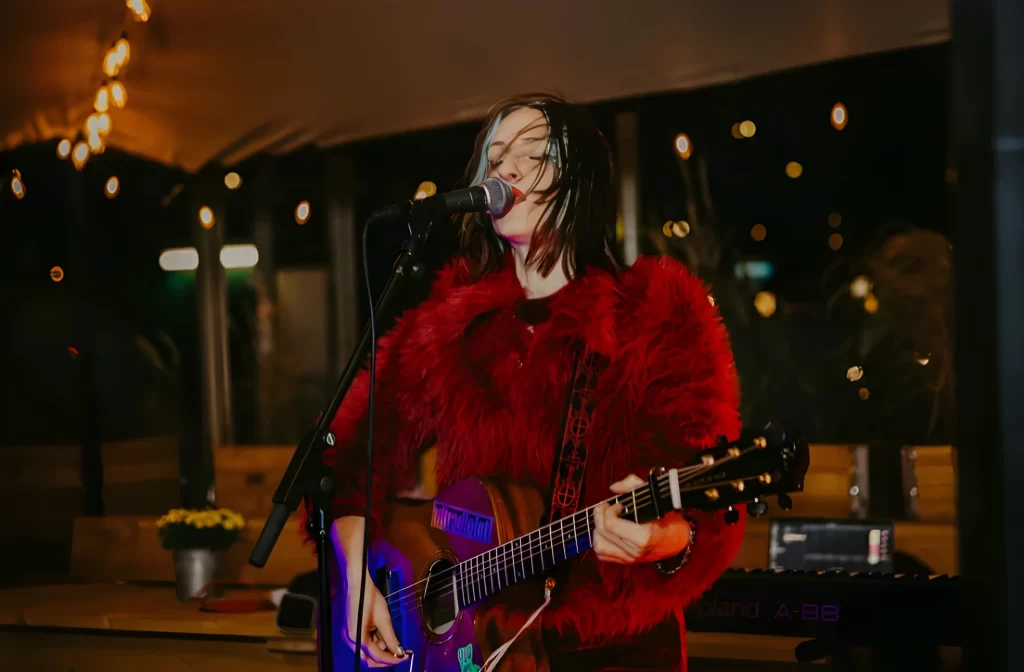
Music licensing is not a single agreement. It is a complex system involving multiple rights holders, intermediaries, and regulatory requirements. At the core are performing rights organizations (PROs), entities that grant licenses on behalf of music publishers, songwriters, and copyright owners.
For a restaurant to legally play music, it must secure public performance rights. The four major U.S. PROs administer these rights:
- ASCAP (American Society of Composers, Authors and Publishers)
- BMI (Broadcast Music, Inc.)
- SESAC (Society of European Stage Authors and Composers)
- GMR (Global Music Rights)
Each PRO represents a different catalog of music. There is no single license that covers all the music you might play. That’s why many restaurants hold multiple licenses—to cover the full range of music played across background playlists, live bands, or DJ sets.
Types of Licenses You May Need
A restaurant’s music use typically falls into several licensing categories. Depending on how you use music for live performances, background streaming, or DJ nights, you may need separate licenses from public and private entities.
1. Performing Rights Organization (PRO) Licenses
These are mandatory if you’re playing copyrighted music in any format. Each PRO represents different composers, publishers, and song catalogs. You are still liable for infringement if your existing license does not cover a particular song you play.
Restaurants that want broad music coverage must often secure licenses from at least ASCAP and BMI, the two largest PROs. Combined, they represent millions of songs across genres. A BMI license alone can cover over 20.6 million works.
INDUSTRY INSIGHT
| According to BMI, restaurant owners risk up to $150,000 per infringement if they fail to secure the appropriate performance license. More importantly, these are not idle threats. In 2023, BMI filed lawsuits against many establishments that failed to obtain a license after repeated outreach. Most of these businesses had ignored three or more written warnings before legal action. For example, in June 2024, BMI filed a lawsuit against Brewery in Falls Church, Virginia, alleging four counts of willful copyright infringement. Despite over 30 attempts by BMI since January 2022 to educate the brewery about licensing obligations, including cease and desist letters, the establishment continued unauthorized public performances of BMI-licensed music. This case underscores the legal and financial risks for venues that neglect proper music licensing. |
2. Local Entertainment or Cabaret Licenses
Some cities, such as New York, Los Angeles, and Boston, require separate entertainment licenses or cabaret permits for live performances. These regulate not only the music but also the venue’s square footage, operating hours, occupancy limits, and safety measures.
For example, in Massachusetts, restaurants must obtain a live entertainment license through their local licensing board. This is required even if the music played is fully licensed via PROs.
3. Business License and Other Permits
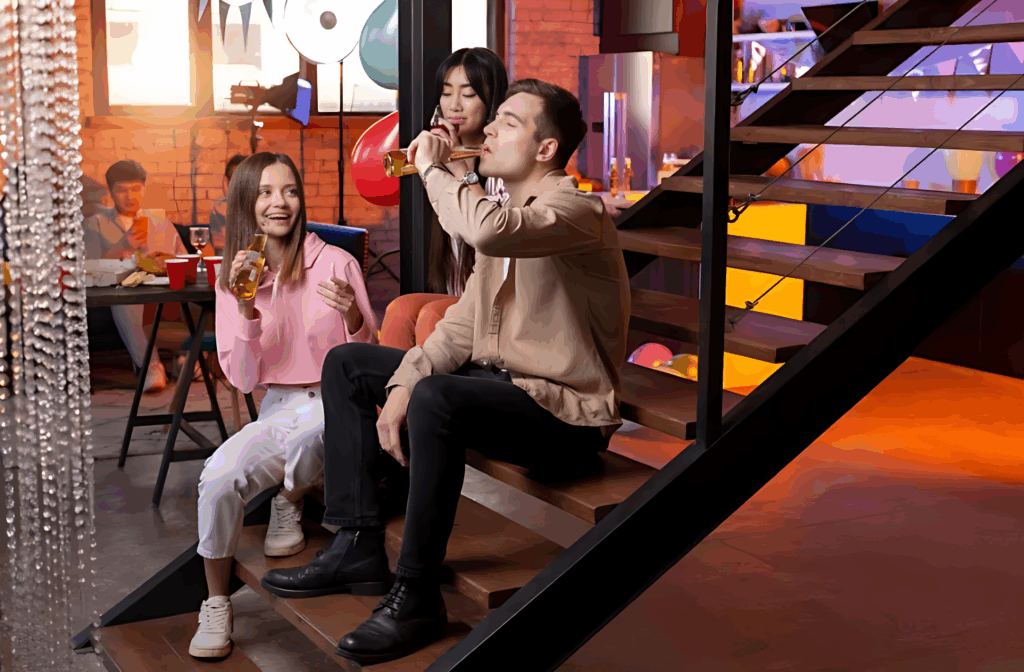
In most jurisdictions, you cannot apply for an entertainment license without a valid business license. Additional required licenses may include:
- Health department permits
- Alcohol licenses (if serving alcohol during music events)
- Zoning approvals specific to live entertainment
Failure to secure these before entertaining, even background music, can result in fines, license suspension, or shutdown.
4. Venue or Event-Specific Licenses
If you host one-off events or ticketed live performances, you may need temporary event licenses, especially if cover charges are collected or live bands are contracted.
Live Music at Restaurants: Legal Considerations
Offering live music in a restaurant presents its own set of legal requirements beyond the standard background music licensing. If you’re hosting live bands, solo artists, or any performance of copyrighted works, you must ensure that every musical performance is properly licensed.
Key Legal Requirements for Live Music
Performance Rights:
As with background music, live music requires a public performance license through a PRO. However, the specific terms and costs can vary based on:
- The size of the venue (square footage and capacity)
- The frequency of live performances (weekly, monthly, or special events)
- Whether there is a cover charge or admission fee
Cover Song Licensing:
If the live performer plays a cover song, a song composed by someone else, the restaurant must ensure that the rights to that song are covered under its PRO license. This is often overlooked; a BMI or ASCAP license typically covers this, but the restaurant is liable if a performer plays unlicensed tracks.
Musicians’ Agreements:
Establish clear contracts with performers, outlining their rights and responsibilities, including permissions for playing copyrighted music. Many venues fail to establish written agreements with performers, which can lead to complications when it comes to licensing or royalty payments.
BMI vs. ASCAP:
While both organizations manage a vast catalog of music, it’s crucial to understand the differences in their operations. Some restaurants prefer to work with both ASCAP and BMI to ensure complete coverage.
If you’re unsure, consult with a licensing expert to avoid the risk of inadvertently missing out on a crucial piece of music.
How Much Does a Music License Cost for a Restaurant?
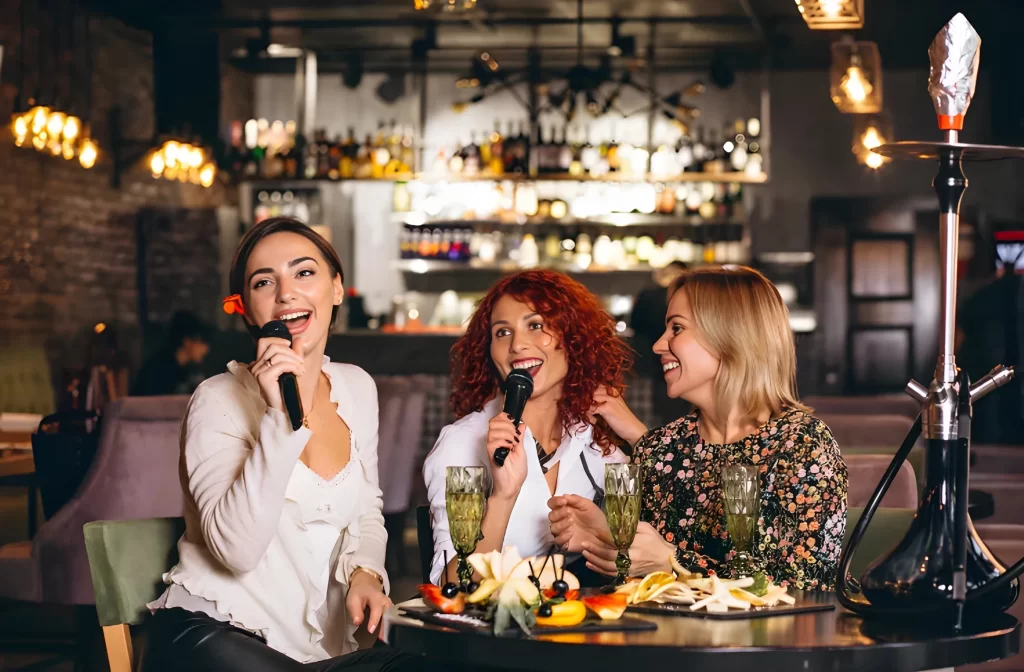
Understanding the costs of obtaining a restaurant music license is crucial for budgeting and compliance. The fees vary widely based on several factors, including the venue size, the frequency of live music, the type of music played, and whether or not the restaurant serves alcohol.
Factors Affecting Music Licensing Fees
1. Size and Type of Venue
A restaurant’s square footage plays a key role in determining the cost of the license. Larger venues, especially those with multiple rooms or expansive outdoor patios, often face higher fees due to their capacity to host larger audiences and play music over wider areas.
2. Music Usage Frequency
The frequency of music use—whether background music or live music performances—also impacts the cost. A restaurant that plays music regularly or hosts live bands will face significantly higher fees than a restaurant that only plays occasional background music.
3. Cover Charges or Ticket Sales
The licensing fees will be higher if a restaurant charges a cover charge for entry during live music nights. This is because the PROs recognize that events with cover charges generate additional revenue from music performances.
4. Restaurant’s Location
The cost of licensing can also depend on the region in which the restaurant operates. Some areas, especially major cities, may have higher costs due to demand, the number of operating venues, and local entertainment laws.
Average Licensing Costs
Background Music: For a small to medium-sized restaurant (under 3,000 square feet), expect to pay approximately $300–$800 per year for a single PRO license (ASCAP or BMI). Larger venues or those with multiple locations will see higher costs, with annual fees exceeding $2,000 in some cases.
Live Music: Restaurants hosting live music typically pay between $1,000 and $5,000 annually for a combination of PRO licenses. The total depends on the frequency of live performances and whether the restaurant charges a cover or tickets.
Additional Fees: Some venues may also need to pay additional licensing fees for specific events, such as festival licenses or private event licenses, which can range from $200 to $1,000, depending on the event size.
How Do You Obtain an Entertainment License for Restaurant?
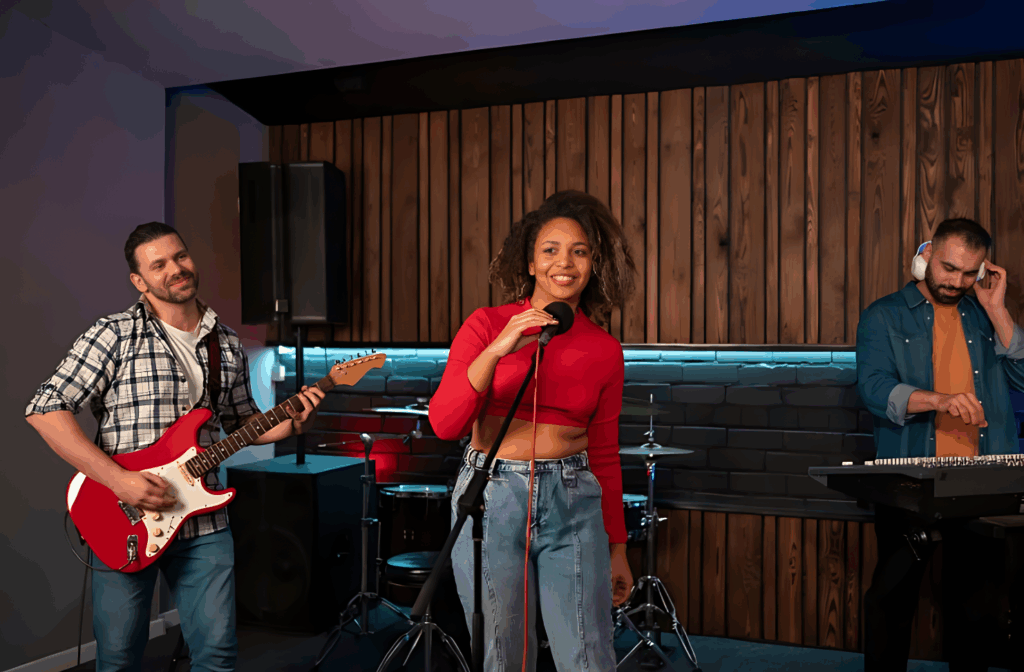
Securing an entertainment license for your restaurant involves navigating both local and national regulations. Here’s a step-by-step guide to help you obtain the necessary permissions to offer music and live performances legally.
Step 1: Understand the Requirements in Your Area
Each state, county, or city may have different requirements for an entertainment license. The first step is to research the specific local ordinances that govern entertainment in your restaurant’s location.
- Local Licensing Board: Most cities or counties have a local licensing board or entertainment commission that oversees music licensing for venues. You may need to apply directly with them, especially if you plan to host live performances or DJ nights.
- Zoning and Safety Regulations: In some jurisdictions, your restaurant may need to meet specific zoning or safety standards, such as occupancy limits and fire safety measures, to qualify for an entertainment license.
Step 2: Apply for a Public Performance License
Once you understand local regulations, apply for a public performance license through a Performing Rights Organization (PRO), such as ASCAP, BMI, or SESAC. As a restaurant, you may be required to obtain licenses from multiple PROs to ensure comprehensive music coverage.
To apply for a license:
- Determine Your Music Usage: Be clear about how often and what type of music you’ll be playing (live, recorded, or a mix).
- Provide Venue Details: In your application, include the size of your venue, capacity, and type of events (live performances, background music, etc.).
- Submit Your Application: Once you have gathered all the details, submit your application to the PRO and pay any associated fees.
Step 3: Obtain a Local Entertainment License (If Required)
If your city or county requires an entertainment license for live performances, you must apply for this through your local licensing authority. Be prepared to provide:
- Details of Live Events: Frequency and type of live entertainment (e.g., acoustic bands, DJ sets, cover bands).
- Health and Safety Certifications: Proof of food safety and alcohol licenses, if applicable.
- Fire Safety and Zoning Approval: Some local authorities may require confirmation that your venue meets the fire safety codes and zoning regulations for hosting live entertainment.
Step 4: Review and Pay the Fees
PROs and local authorities may charge annual licensing fees based on your venue’s size, location, and music usage. To remain compliant, be prepared to pay fees upfront and renew them annually.
Step 5: Display Your License
Once approved, display your entertainment license in a visible area in your restaurant, as many local authorities and PRO representatives will inspect businesses for compliance. Failure to display the proper permit may result in fines or legal consequences.
Conclusion
Securing an entertainment license for a restaurant is essential for staying compliant with copyright laws and avoiding legal issues. Whether for background music or live performances, obtaining permits from PROs like ASCAP, BMI, and SESAC protects you from costly fines and lawsuits.
Proper licensing ensures your restaurant operates legally and enhances the customer experience without the risk of reputational damage. So, stay informed, obtain the right licenses, and enjoy the benefits of legal, seamless music in your venue.
Frequently Asked Questions
1. Do I need a license to play music in my restaurant?
Yes, any public performance of copyrighted music, whether live or recorded, requires a license. This includes background music, live bands, and DJs. You must obtain a license from a Performing Rights Organization (PRO) such as ASCAP, BMI, or SESAC.
2. How much is an ASCAP license for a restaurant?
The cost of an ASCAP license varies based on factors like venue size, frequency of music use, and whether you charge a cover fee. Small to medium-sized restaurants typically pay from $300 to $800 annually, but larger venues or those with live music may face higher fees.
3. What permits are needed to open a restaurant in Texas?
To open a restaurant in Texas, you need various permits, including a business license, food establishment permit, liquor license (if applicable), and a health permit. You may also need an entertainment license from local authorities for live music.
4. How much does a BMI license cost?
BMI licenses generally range from $300 to $1,500 per year, depending on the restaurant’s size, music usage, and venue type. Larger venues or those with frequent live music can expect higher fees.
5. How many licenses do you need to open a bar?
At minimum, you need a business license, a liquor license, and potentially a public performance license if you plan to play music. You may also need local entertainment permits depending on the jurisdiction.
6. How do you get a license to play music?
To legally play music in your restaurant, contact a Performing Rights Organization (PRO), such as ASCAP, BMI, or SESAC. You’ll need to apply for a public performance license, provide venue details, and pay the required licensing fees.
7. What license is best for a small business?
For a small business like a restaurant or café that plays music, a public performance license from a PRO (ASCAP, BMI, SESAC) is required. The best choice depends on the music you intend to play, as well as your venue’s size and music usage.
8. What is an entertainment license in Massachusetts?
In Massachusetts, an entertainment license is required if a business plans to host live performances, DJs, or other public entertainment events. Local authorities typically issue this license, and it varies by city or town.
9. Do restaurants need a license for live music?
Yes, if you plan to have live music at your restaurant, you must obtain a public performance license from a PRO and, depending on your location, a local entertainment license.
10. How to legally play music in a restaurant?
To legally play music, you must obtain a music license from a Performing Rights Organization (PRO) like ASCAP, BMI, or SESAC. For live music, you must also comply with local laws regarding entertainment permits.
11. What is a license for music for live performance?
A live music performance license is a legal permission required for any live performance of copyrighted music. It can be obtained from PROs like ASCAP, BMI, or SESAC, and covers all live performances, whether paid or free.
12. How much is a live music license for a bar?
The cost of a live music license for a bar depends on the venue’s size, location, and frequency of live performances. Depending on these factors, bars pay between $1,000 and $5,000 annually for music licenses.
13. Do I need both ASCAP and BMI licenses?
It’s common for restaurants to obtain licenses from both ASCAP and BMI, as they represent different music catalogs. Depending on the music you play, it may be necessary to secure both licenses to ensure comprehensive coverage.


